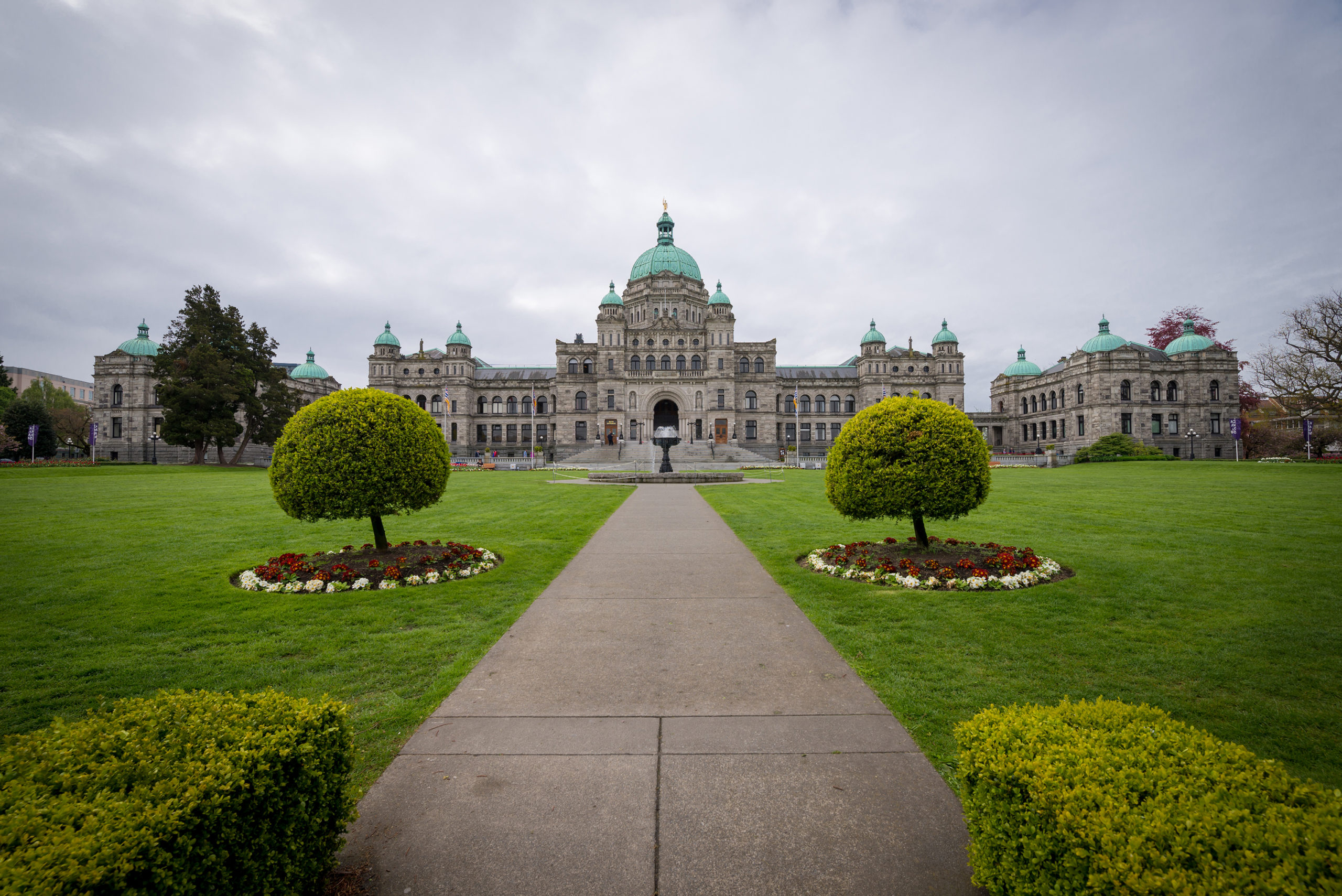Victoria: As warmer weather approaches, the province is encouraging people in British Columbia to prepare for the possibility of climate-related hazards, such as floods and wildfires.
The province says flooding may occur in the spring and early summer when the snowpack melts and water levels rise.
According to the River Forecast Centre, the average provincial snowpack is slightly below normal, with some regions experiencing well above normal snowpack levels.
“Spring is a time of change and renewal, but it can also bring unpredictable weather patterns that may cause emergencies,” said Bowinn Ma, Minister of Emergency Management and Climate Readiness.
“If we all take proactive steps to prepare for these events, we can better protect ourselves, our loved ones and our homes, while minimizing the impact of these increasingly common occurrences,” she added.
According to the press release issued by the BC government, people should put together an emergency kit, which includes essentials such as water, non-perishable food, medication and a first-aid kit to prepare for the potential of flooding. People are also encouraged to have an evacuation plan in place and stay informed about weather alerts.
People living in low-lying areas are encouraged to move equipment and other assets to higher ground and clear perimeter drains, eavestroughs and gutters. A rapid change in water levels – especially a drop – may indicate a problem upstream. If something out of the ordinary is suspected, call the fire, police or public works department immediately.
“As a result of drought conditions, the BC Wildfire Service is observing more advanced fire behaviour than what is typical at this time of year,” said Bruce Ralston, Minister of Forests.
“Given the current conditions, we are urging the public to exercise caution as the majority of spring wildfires are caused by people and are therefore preventable,” he added.
The province is encouraging people to ensure they are aware of open burning regulations before lighting a fire of any size and to create a buffer zone around their property clear of debris and flammable material, such as wood piles, dry leaves and fuel.


